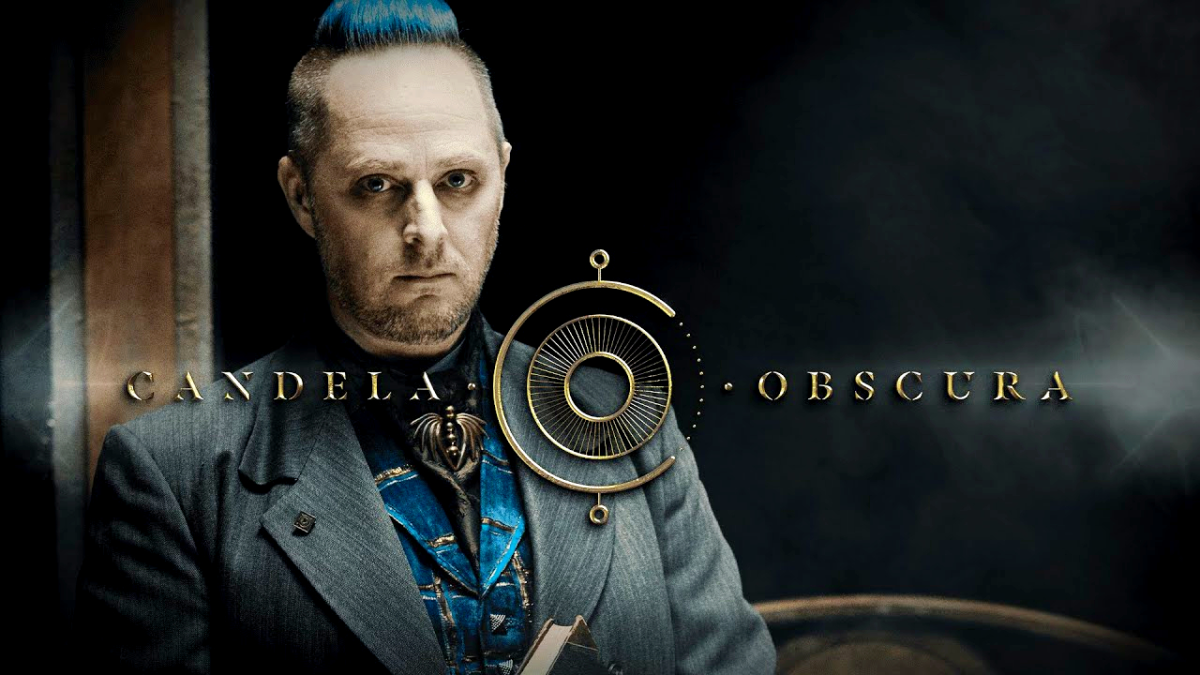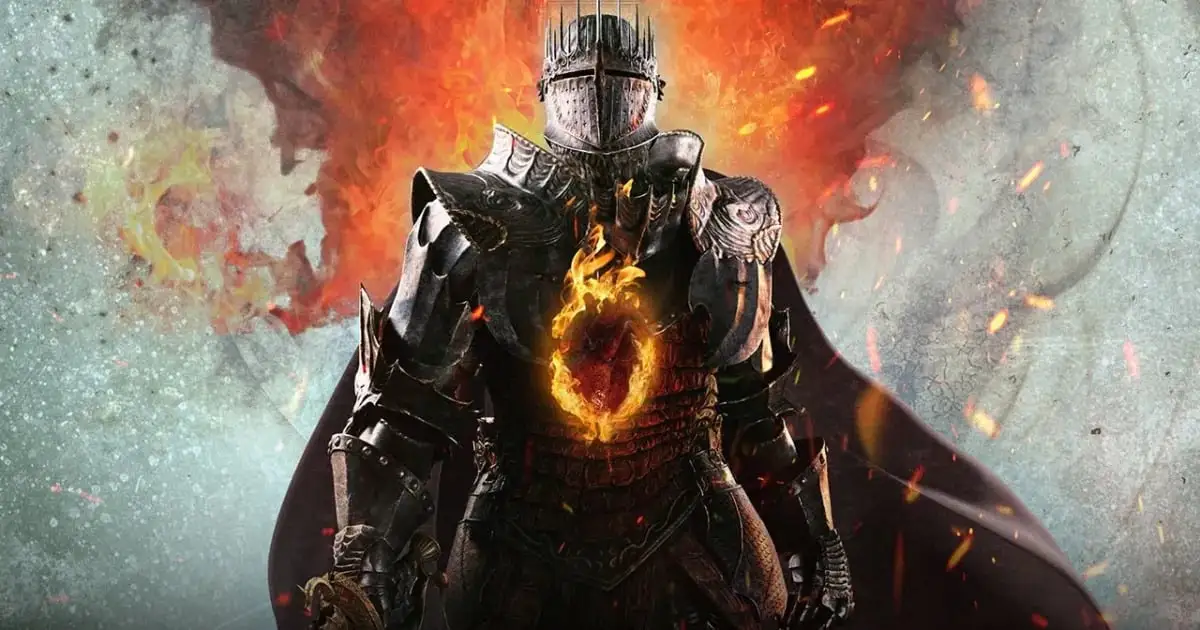
Hello, Escapist readers! As part of our partnership with curation website Critical Distance, we’ll be bringing you a weekly digest of the coolest games criticism, analysis and commentary from around the web. Let’s hit it!
Remember Neopets? Victoria McNally does. On The Mary Sue, McNally reflects on the game’s economic history since its 1999 release:
In Neopets, the rising rate of neopoints got particularly bad as it expanded. The trend didn’t go unnoticed, either; as early as June 2001, many economically savvy users noted in the Neopian Times that inflation was occurring and might need intervention to balance itself out… [suggesting] the site is now “a horrifying and disturbing look into the faults of late capitalism and the unfettered exploitation inevitable in unregulated economic systems.”
At Paste, Maddy Myers reflects on the pre-9/11 anxieties represented in the original Reisdent Evil along with what would now be considered its genre-defying message of cooperation, “Most strikingly, however, the original Resident Evil differs from post-90s-era zombie videogames because it does not have a libertarian message.”
Looking to more recent events, on the subject of the violence and police militarization in Ferguson, Missouri, EA’s upcoming Battlefield: Hardline has been scrutinized by a number of writers for its indifference and outright enthusiasm for the “warrior cop” figure seen in so many images of Ferguson over the last week.
Mike Williams of USgamer warns that “Life Imitates Art“:
Battlefield: Hardline plays on the growing militarization of the police, showing scenes of all-out war between heavily-armed police and criminals. It’s a war game in a different skin, something that should probably disturb us more than it does.
His concern is that Hardline equates police with soldiers and cities with warzones.
Meanwhile, in an article for The Paris Review, Kevin Nguyen is disquieted by how nonchalant the game appears to be toward police violence: “Simply put: as a cop in Hardline, you have the choice of killing people or not. The decision is entirely dependent on your mood.”
Moving from urban warfare to the very real economic conflicts powering games, Mike Joffe investigates the relationship between conflict minerals and electronics(content warning: discussions of rape and slavery):
The current climate of phone consumption encourages people to upgrade and replace phones as often as possible. This is mirrored in the video game industry, where the lifespan of consoles is ever shrinking in favor of increasingly incremental upgrades. Even activist groups admit that recycling, even on a colossal scale, can not approach meeting the current demand.
Lastly, taking aim at the idea of ‘objective’ games criticism, at Magical Wasteland Matthew Burns uses an analogy of a consumer-king and his board of advisors to break down the consumerist logic behind the gamer-reviewer relationship.
Want more? Be sure to swing over to Critical Distance to have your fill!




